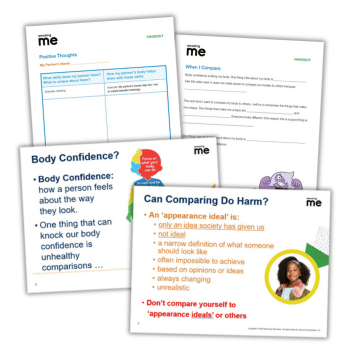Are we Leaving it Too Late for Teachers’ Mental Health?

Proper support for teachers' mental wellbeing must begin in the training year, argues Emma Hollis…

- by Emma Hollis

The prominence and importance of mental health provision is growing in schools – both for pupils and staff – and we are living and breathing the rhetoric around it. In order for teachers to best support children in their care, looking out for their own wellbeing is of the utmost importance, but related support for them should begin within Initial Teacher Training (ITT).
It was back in February that I first raised this publicly as a necessity. Speaking to NASBTT’s members – primarily School-Centred ITT providers and School Direct Lead Schools – I was hearing first-hand about a new generation of troubled teachers who needed help. Through my own investigation I discovered that in some local authority areas, up to 78% of child and adolescent mental health service referrals were turned away during the period in which last year’s trainees were pupils. There was a clear correlation and worrying pattern emerging.
One of the things that concerns me greatly within teacher training is that we are increasingly seeing the trainee teachers themselves presenting with increasing mental health issues. Some of the adolescents, therefore, who fell through the cracks at school are now coming back as adults into an environment where they were first exposed to these feelings of anxiety, mental health issues and exam pressures.
Teacher training is a very intense year, and they are going back into schools and presenting quite severe mental health issues. These are people being asked to look after the mental health of the children in their care. If you are not able to take care of your own mental health, it makes you less able to be responsive to the mental health of the children in your class.
Earlier this year I took part in the Royal Foundation’s ‘Mental Health in Education’ conference exploring the key issues and barriers around mental health, what teachers need to know and the level of training required, and how to overcome the challenges and support and encourage providers of ITT and NQT training to focus on mental health. This has been the catalyst to two key developments over the past eight months.
First, HRH The Duchess of Cambridge, who was involved in the event, and her charity’s staff were interested in receiving more quantitative data to support our observations so we reached out to our members to find out what change over the past three years they have encountered in the frequency and severity of mental health issues presenting in their trainees. As a result we are now working with the Royal Foundation on advice and guidance on mental health and wellbeing of children for all trainee teachers.
Secondly, we have devised our own Establishing a Counselling, Wellbeing and Mental Health First Aid Provision for Trainee Teachers programme, which has been extremely well received. It is pleasing to see this issue getting the attention that is required, and we look forward to giving even more exposure to our practical solutions this year, not least through our ‘Essential Guides for Early Career Teachers’ book series.
Emma Hollis is Executive Director of the National Association of School-Based Teacher Trainers (NASBTT). NASBTT held its Annual Conference, entitled “Change and Renewal” on 16th October 2019 – find out more here and here.










